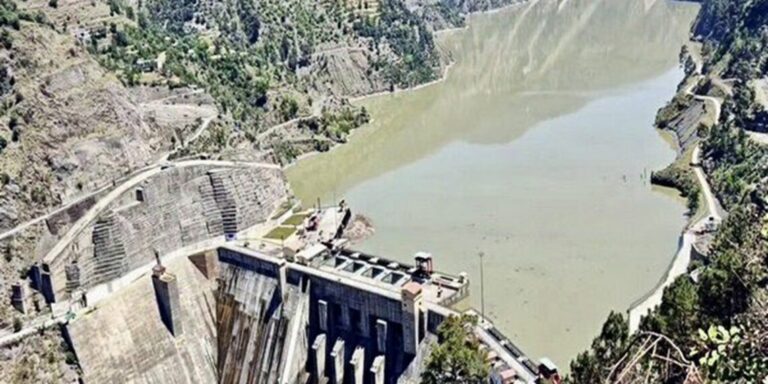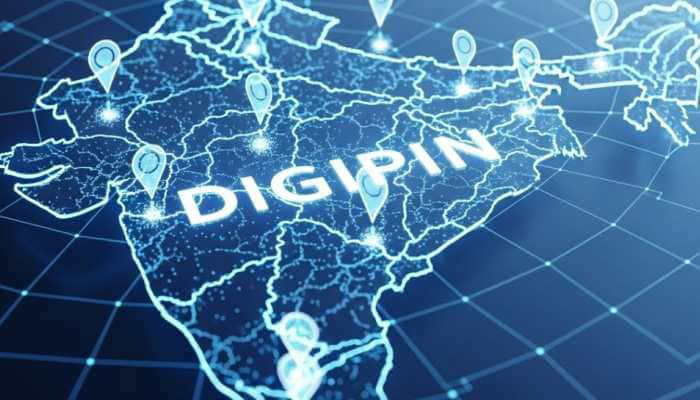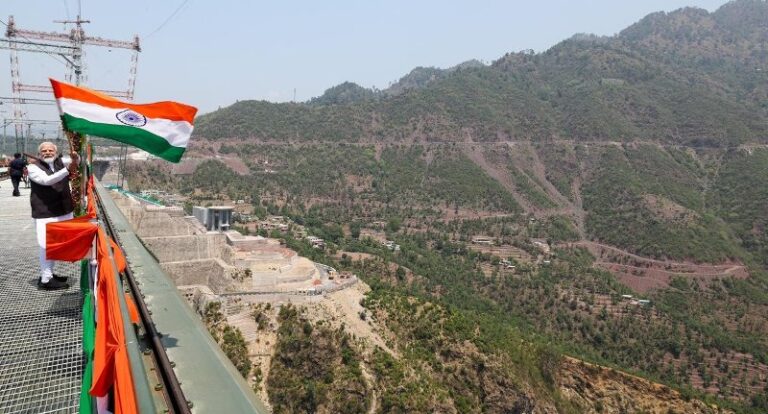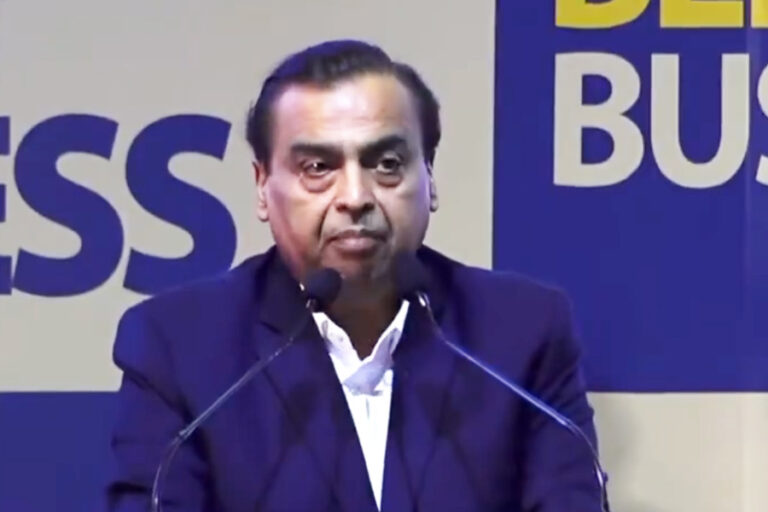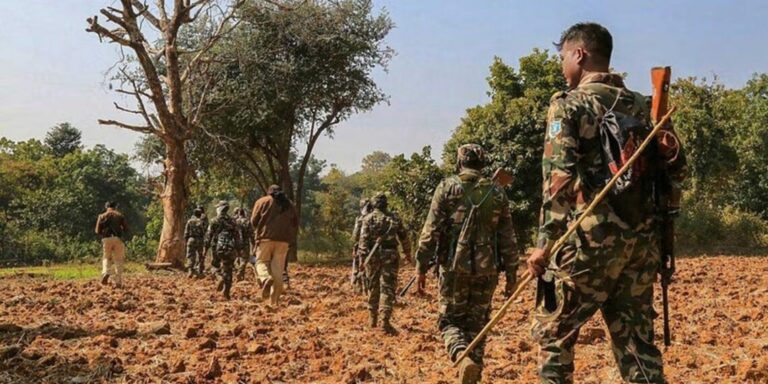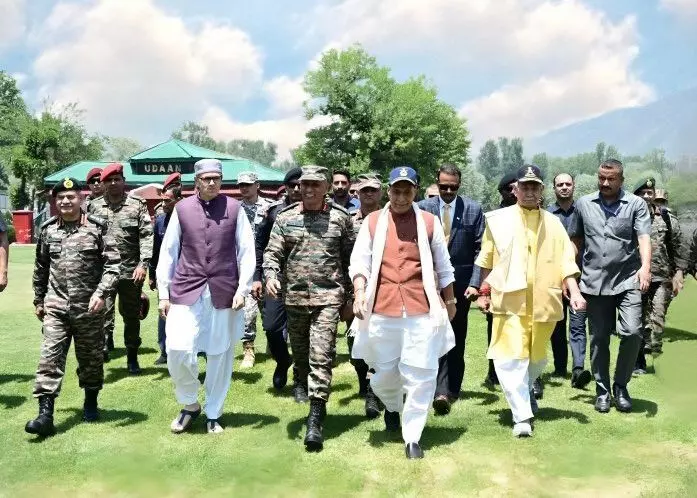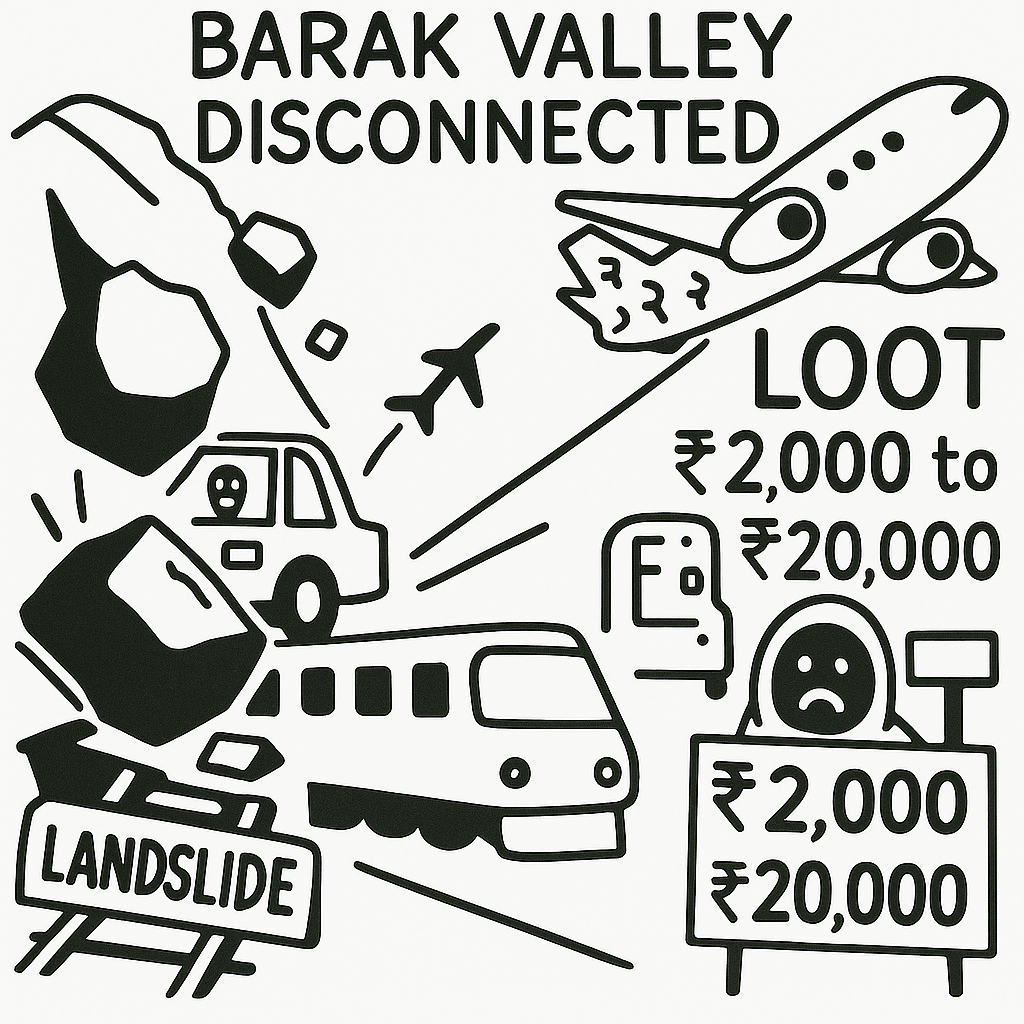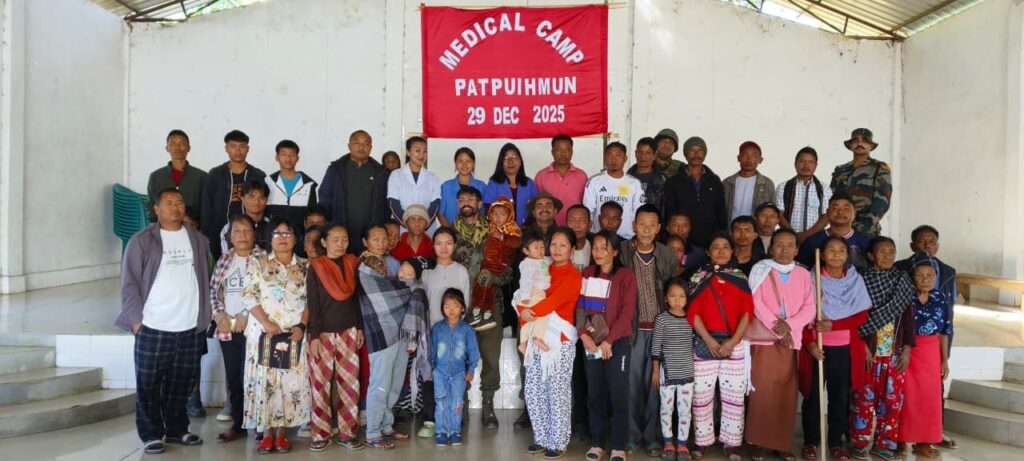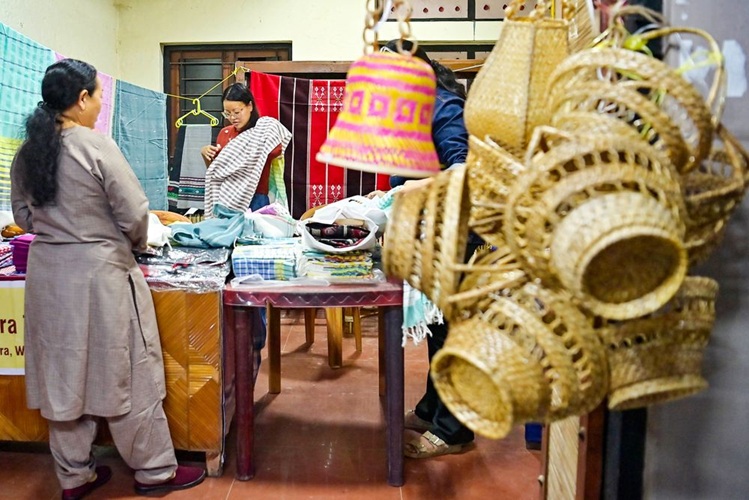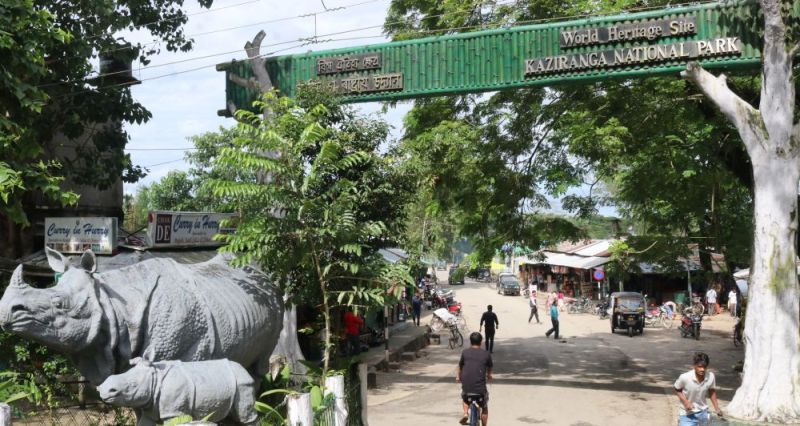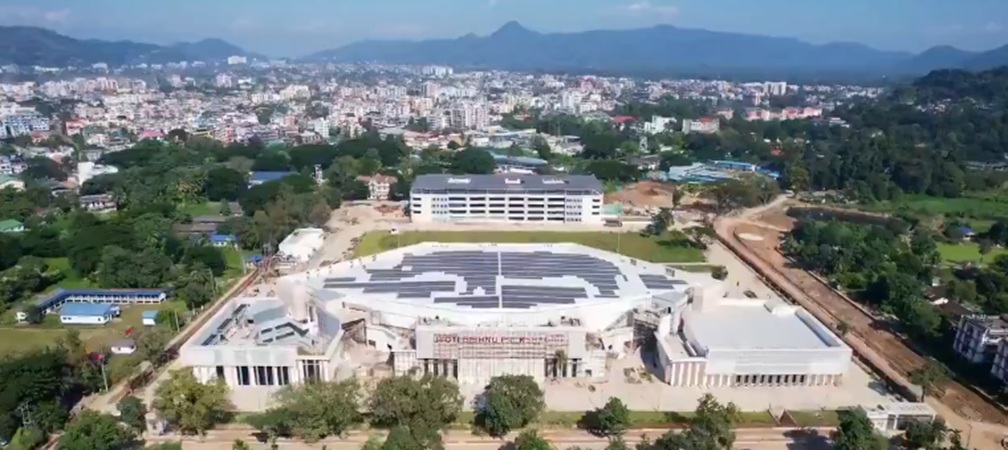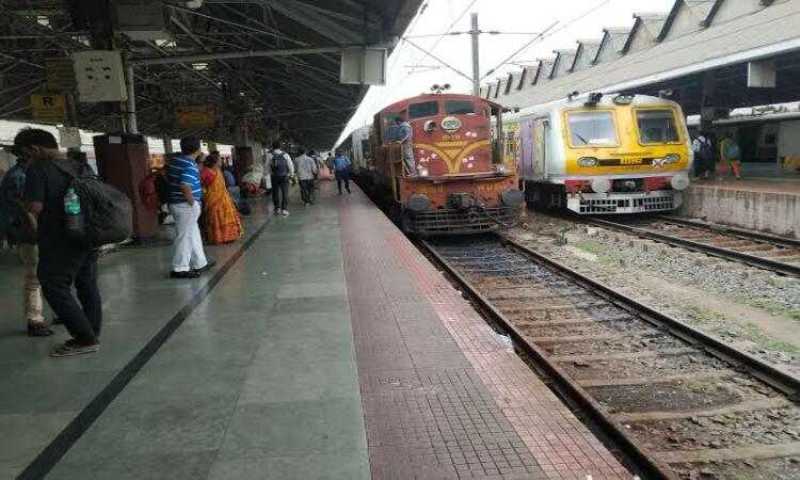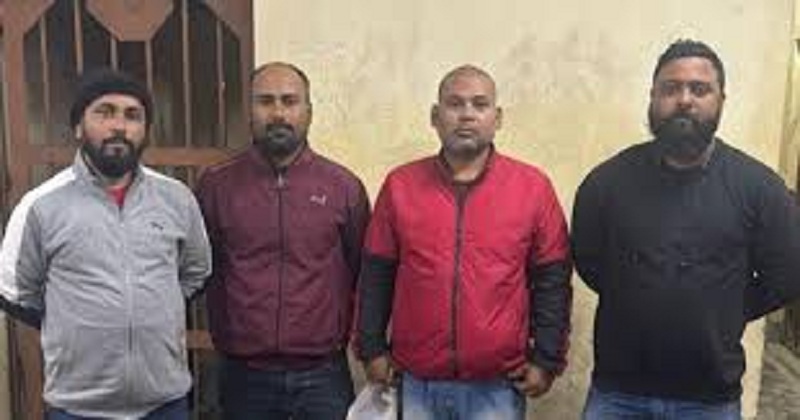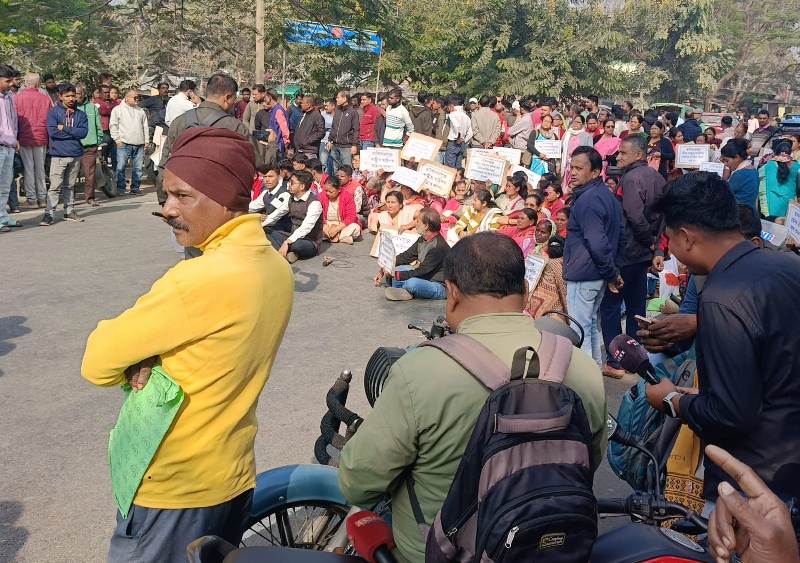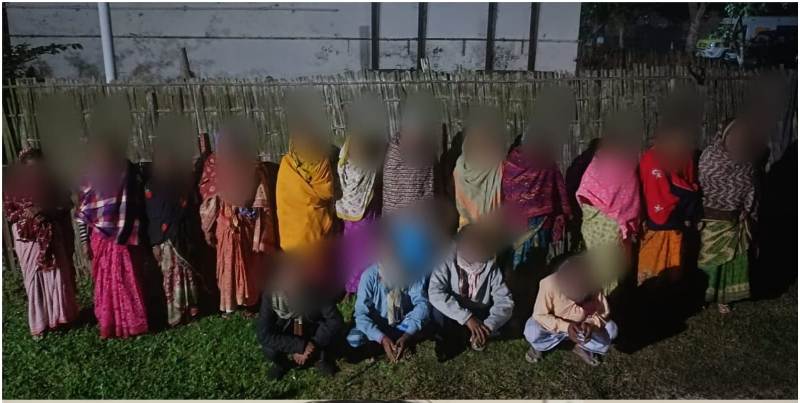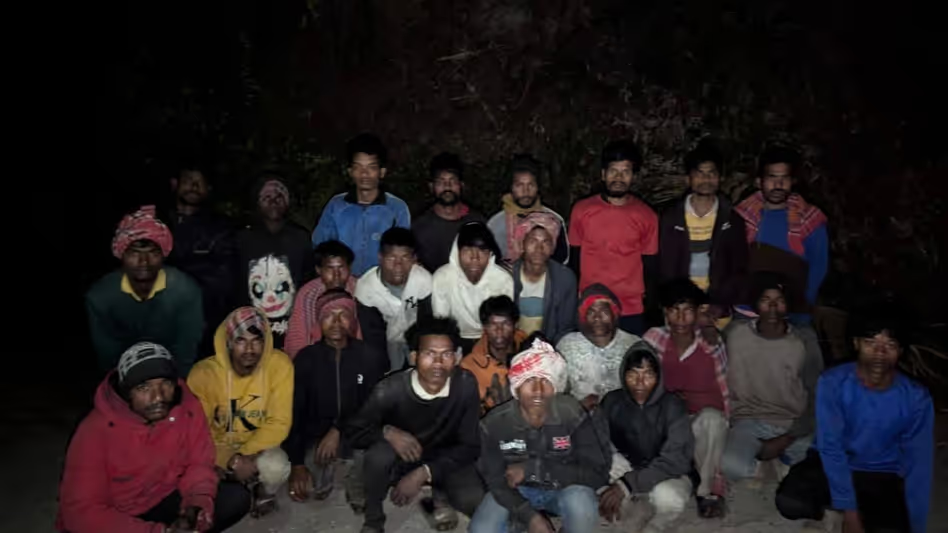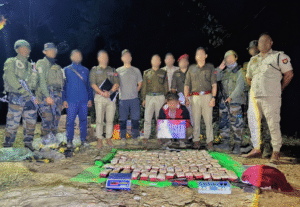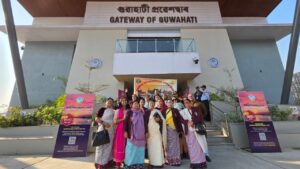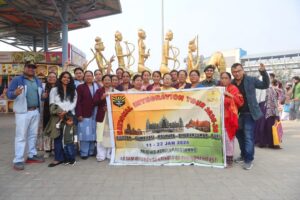India has reiterated that it will not resume talks with Pakistan on the Indus Waters Treaty (IWT) unless Islamabad addresses New Delhi’s concerns over cross-border terrorism and agrees to a comprehensive restructuring of the water-sharing pact. Despite repeated outreach from Pakistan’s Water Resources Secretary, Indian officials have maintained silence, insisting that dialogue is off the table following the April 22 terror attack in Jammu and Kashmir. The suspension marks a significant shift in India’s approach to the 1960 treaty, which governs the distribution of the Indus River and its tributaries. India is now conducting a comprehensive study to maximize its use of the eastern rivers allocated under the IWT, highlighting the increasing linkage between water diplomacy and regional security concerns.
